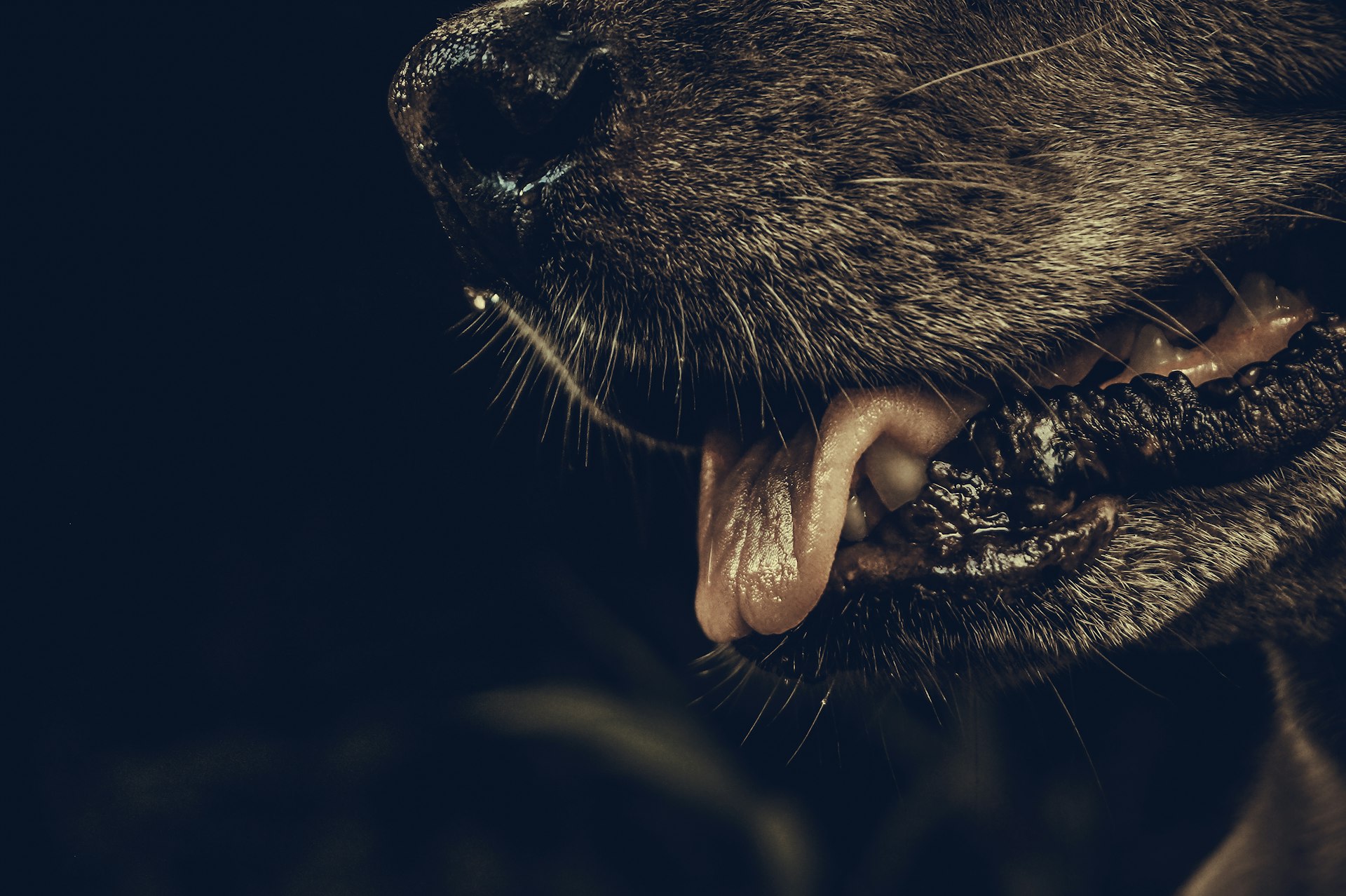Rabies Awareness: Protecting Yourself and Your Pets
Rabies is a deadly disease caused by a virus that spreads to people and animals through bites or scratches, usually from infected animals. Although it is 100% preventable, thousands of people still die from rabies every year, especially in countries where dog vaccination and awareness are low.
In this blog, we will explain what rabies is, how it spreads, and most importantly, how you can protect yourself and your pets from it.
What is Rabies?
Rabies is a viral infection that affects the brain and nervous system of humans and animals. Once symptoms appear, rabies is almost always fatal. That’s why prevention is very important.
The rabies virus is usually found in the saliva of infected animals. When these animals bite or scratch a human or another animal, the virus can enter the body and travel to the brain.
How is Rabies Spread?
Rabies spreads through:
- Animal bites – especially from dogs, cats, bats, foxes, and raccoons
- Scratches or licks on broken skin or mucous membranes (eyes, nose, mouth)
- Contact with saliva of a rabid animal
Dogs are the most common source of rabies in many countries, including India. Street dogs, unvaccinated pets, and wild animals are the main risk.
Signs of Rabies in Humans
Rabies symptoms usually appear 2 to 3 months after exposure, but in some cases, it can be a few days or even over a year.
Early symptoms are similar to the flu:
- Fever
- Headache
- Weakness
- Pain or tingling at the bite site
As the disease progresses, more serious symptoms develop:
- Confusion and anxiety
- Difficulty swallowing
- Fear of water (hydrophobia)
- Hallucinations
- Paralysis
- Coma and death
Once symptoms appear, there is no cure. That’s why early treatment is critical.
Signs of Rabies in Animals
Animals with rabies may show the following signs:
- Aggression or unusual behavior
- Excessive drooling or foaming at the mouth
- Difficulty walking
- Seizures
- Sudden fearfulness or shyness
- Paralysis
If you see a wild animal or even a pet behaving strangely, do not approach it. Call local animal control or a vet.
What to Do After a Bite or Scratch?
If you or someone else is bitten or scratched by an animal:
- Wash the wound immediately with soap and running water for at least 15 minutes.
- Apply antiseptic like iodine or alcohol.
- Visit a doctor as soon as possible. Don’t wait for symptoms to appear.
-
The doctor may give you:
- Anti-rabies vaccine (ARV) – a series of injections
- Rabies immunoglobulin (RIG) – if the bite is severe or high-risk
Quick action can save your life.
Protecting Yourself from Rabies
Here are simple steps to protect yourself:
- Avoid contact with unknown or stray animals, especially dogs and wild animals.
- Do not try to pet or feed stray animals.
- Teach children to stay away from animals they don’t know.
- Get vaccinated if you work with animals or travel to high-risk areas.
- Wear gloves when handling dead animals or cleaning wounds.
Protecting Your Pets from Rabies
Your pets can also get rabies and spread it to you or others. Here's how to keep them safe:
- Vaccinate your pets – Dogs and cats should get their first rabies shot at 3 months old, followed by regular booster doses.
- Keep pets indoors or in fenced areas – Don’t let them roam freely.
- Don’t allow pets to interact with stray or wild animals.
- Report animal bites or suspicious behavior in your pets to a vet immediately.
- Put identification tags on your pets so they don’t get mistaken for strays.
Why Rabies Awareness Matters
Many people are still unaware of the seriousness of rabies. They ignore bites, delay treatment, or don’t vaccinate their pets. This leads to unnecessary deaths every year.
Spreading awareness can save lives. By educating yourself, your family, and your community, you can help prevent this deadly disease.
Rabies in India
India has the highest number of rabies deaths in the world, mostly due to stray dog bites. Lack of awareness, poor access to vaccines, and delay in treatment are major problems.
The government and health organizations are working to improve the situation through:
- Mass dog vaccination drives
- Awareness campaigns
- Free or low-cost treatment at public hospitals
You can support these efforts by staying informed, sharing knowledge, and vaccinating your pets.
Rabies is preventable, but only if we take it seriously. If you are bitten, don’t panic—but act quickly. Wash the wound, visit a doctor, and complete the full course of treatment.
Take steps to protect your pets and avoid contact with unknown animals. Share this information with your friends and family to help create a safer community for everyone.
Together, we can fight rabies and save lives—both human and animal.